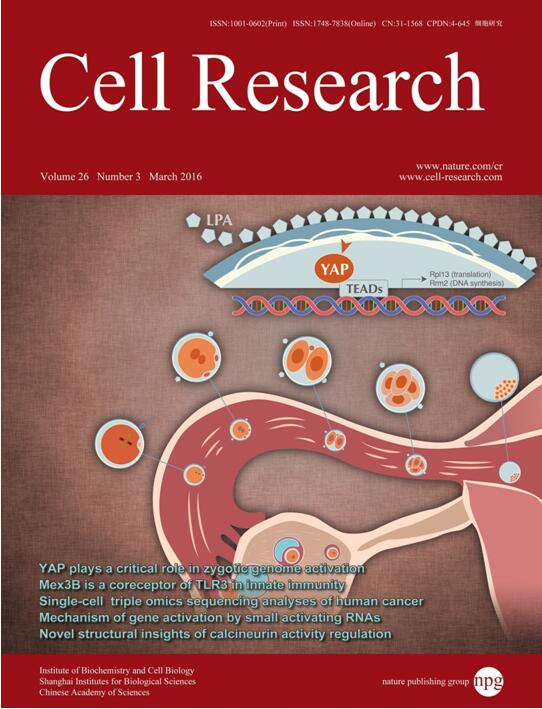Remodeling a fertilized egg into a totipotent zygote is an important and complex cell transformation event in biology, which is called the maternal-zygotic transition. In early embryos, the genome is transcriptionally quiescent. It is not until 2-3 days after fertilization that the zygotic genome takes control of the development. There is a long-standing question as to which maternal transcription factor(s) regulate these events.
Recently, Dr. Heng-Yu Fan’s group at Life Sciences Institute, Zhejiang University generated maternal and paternal mouse models with Yap1-deletion, and elucidated that maternally accumulated YAP in oocyte is crucial for zygotic genome activation. Maternal Yap1-knockout embryos had a prolonged 2-cell stage and developed into the 4-cell stage at a much slower rate when compared to that of wild-type controls. We profiled transcriptomes of these embryos, and identified YAP target genes in early blastomeres. By targeting the expression of key early zygotic genes, particularly Rpl13 and Rrm2, maternal YAP renders developmental competence to preimplantation embryos. The physiological YAP activator, lysophosphatidic acid (LPA), stimulates early embryonic development both in oviduct and in culture. Adding LPA to culture medium remarkably increased the development rates of wild-type, but not maternal Yap1-knockout embryos. These observations provide insights into the mechanisms of zygotic genome activation, and suggest potential implications of YAP activators in improving the developmental competence of cultured embryos in human assisted reproduction and animal biotechnology.
This study was published in Cell Research as a cover story.

This is the webpage link to the article:http://www.nature.com/cr/journal/v26/n3/full/cr201620a.html



